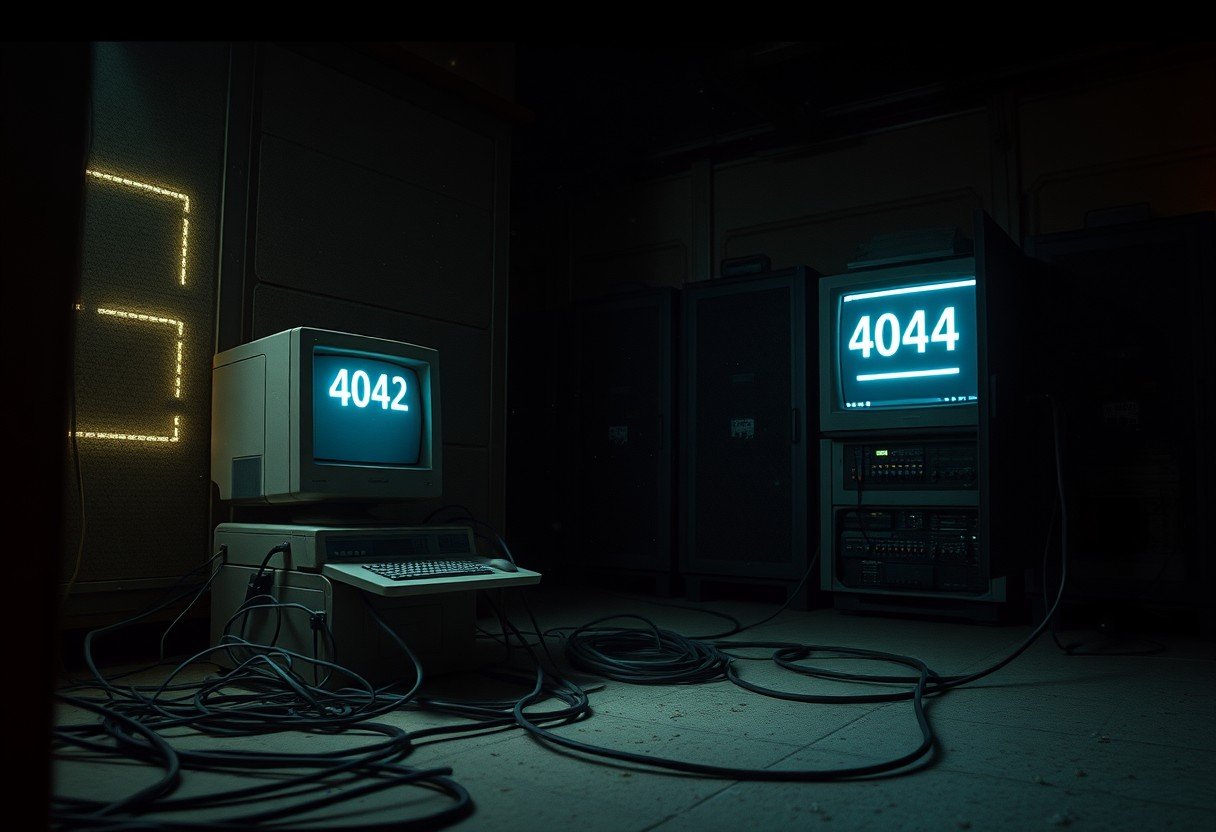You may encounter a frustrating error message while coding in C++: “Terminate called after throwing an instance of ‘std::logic_error’.” This indicates that your program has encountered a serious issue related to logical problems in your code, prompting the system to terminate it unexpectedly. Understanding the causes of this error and how to handle it can help you avoid troubleshooting nightmares in your future projects.
Before submerging into solutions, it’s crucial to grasp what ‘std::logic_error’ means. In C++, the Standard Template Library (STL) provides a series of classes built to manage errors. ‘std::logic_error’ is one of those exceptions indicating problems with the logical consistency of your program. This means that your code has likely violated some implicit assumptions that would lead to incorrect operations, resulting in an error that your error-handling mechanisms may not be able to recover from.
Common reasons for this error include violations of preconditions or invariants in your functions. For instance, if you attempt to access an element of an empty vector or retrieve a value from a map using a key that doesn’t exist, the C++ standard library may throw a ‘std::logic_error’ exception. You must carefully check the logical flow of your program to prevent these situations from occurring.
To solve the issue effectively, you should implement robust error handling in your code. Start by utilizing try-catch blocks. By enclosing your potentially problematic code within a try block, you can catch exceptions and handle them gracefully, allowing your program to continue running instead of terminating abruptly. Here’s a basic example:
try {
// Code that might throw a std::logic_error
} catch (const std::logic_error& e) {
std::cerr << "Logic error occurred: " << e.what() << std::endl;
}It's also important to include meaningful error messages that can help you understand what went wrong. When an exception is caught, examining the message returned by e.what() gives you crucial information about the nature of the issue.
Another approach in addressing this kind of error is to preemptively check the conditions of your inputs before executing sensitive operations. This would include checking the size of your data structures and validating user inputs to ensure they conform to expected formats or ranges. By addressing these logical assumptions early, you can considerably reduce the chances of encountering a 'std::logic_error' during execution.
Furthermore, extensive testing plays a pivotal role in ensuring that your program runs without logical errors. Implement unit tests to cover various aspects of your codebase and simulate edge cases which could lead to exceptions. Employ test-driven development (TDD) practices to help formalize the specification of your functions and align them with your logical expectations.
To sum up, encountering a "Terminate called after throwing an instance of 'std::logic_error'" can be a puzzling situation for any C++ developer. By understanding the nature of 'std::logic_error' and implementing proactive measures like error handling and validation, you can significantly mitigate these frustrations in your coding endeavors. With patience and practice, you will become adept at recognizing and resolving these logical dilemmas swiftly.









Leave a Comment